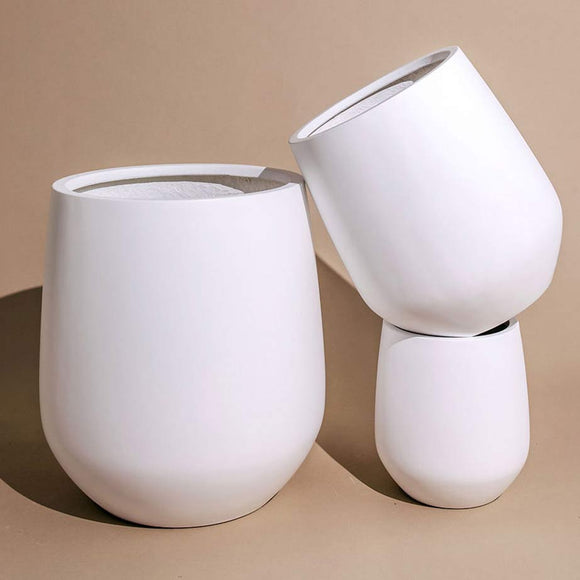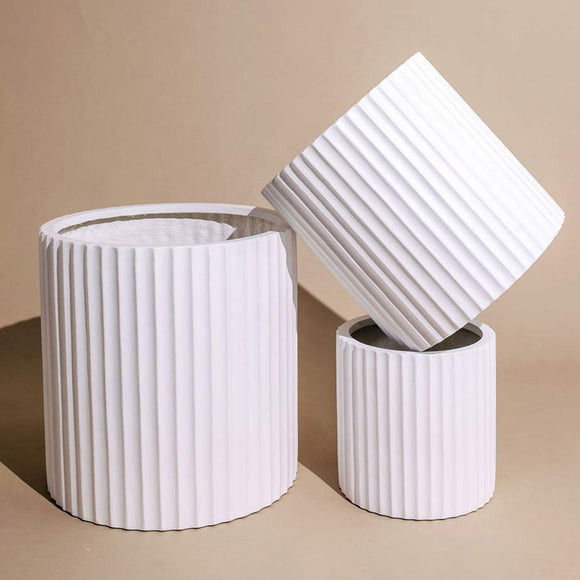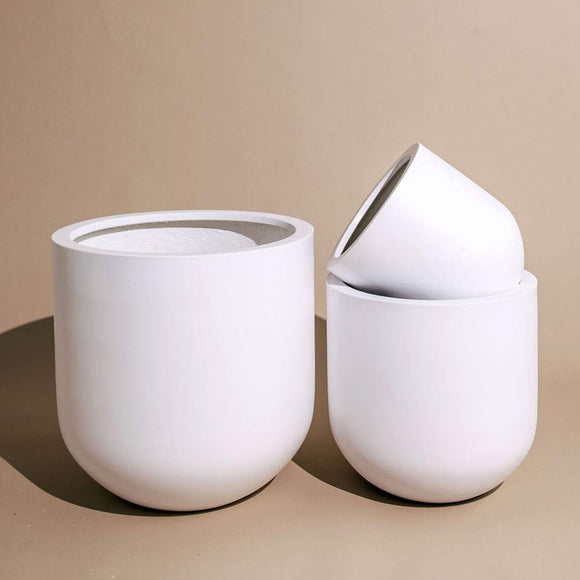The Benefits of Rotating Your Indoor Plants
In the world of indoor gardening, every plant parent understands the joy and satisfaction that comes with nurturing green companions within the confines of their homes. However, to truly elevate your plant parenting game, one essential practice often overlooked is the art of rotating your indoor plants. It may seem like a simple task, but the benefits it brings to your plant babies are profound and far-reaching. In this article, we'll explore three key advantages of rotating your indoor plants and why it should become a non-negotiable part of your plant care routine.

Uniform Growth:
Just like humans, plants crave balance in their lives. When you rotate your indoor plants regularly, you provide them with a balanced exposure to sunlight. Sunlight is the lifeblood of plants, driving the process of photosynthesis that allows them to convert light into energy. By rotating your plants, you ensure that each side receives its fair share of sunlight, preventing your green companions from leaning towards the light source.
Uneven exposure to sunlight can result in lopsided growth, making your plants look awkward and unattractive. To achieve uniform growth and maintain the structural integrity of your plants, make it a habit to turn them 180 degrees every week. Your plants will thank you by standing tall and proud, displaying a symmetrical beauty that will be the envy of every plant enthusiast.
Balanced Foliage:
Have you ever noticed that some indoor plants tend to grow more foliage on one side than the other? This imbalance not only affects the overall aesthetics of your green companions but can also impact their health. Rotating your indoor plants regularly encourages even leaf development on all sides, promoting a healthier and more aesthetically pleasing appearance.
Balanced foliage is not just about looks; it also plays a crucial role in the plant's ability to photosynthesise effectively. When leaves are evenly distributed, they can absorb sunlight more efficiently, maximising the plant's energy production.

Prevent Uneven Watering:
Proper watering is a cornerstone of successful plant care, and rotating your indoor plants can significantly contribute to achieving optimal soil moisture levels. When plants remain stationary for extended periods, the soil in their pots may become unevenly compacted, leading to water retention and nutrient distribution variations.
By rotating your plants, you ensure that each side of the pot receives equal attention when it comes to watering. This practice helps prevent uneven soil moisture, reducing the risk of overwatering or underwatering specific areas of the root system. Consistent hydration and nutrient distribution contribute to your plant's overall health and resilience, making them more resistant to diseases and environmental stressors.
The advantages of uniform growth, balanced foliage, and preventing uneven watering are undeniable, contributing to your plant pals' overall well-being and visual appeal!
So, to all the plant enthusiasts out there, don't forget to rotate your plant babies regularly. 🌿
Looking for some additional plant care tips? Check out this blog post on the benefits of grouping plants.
















